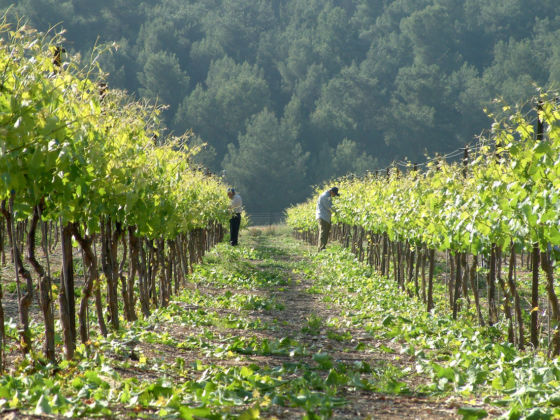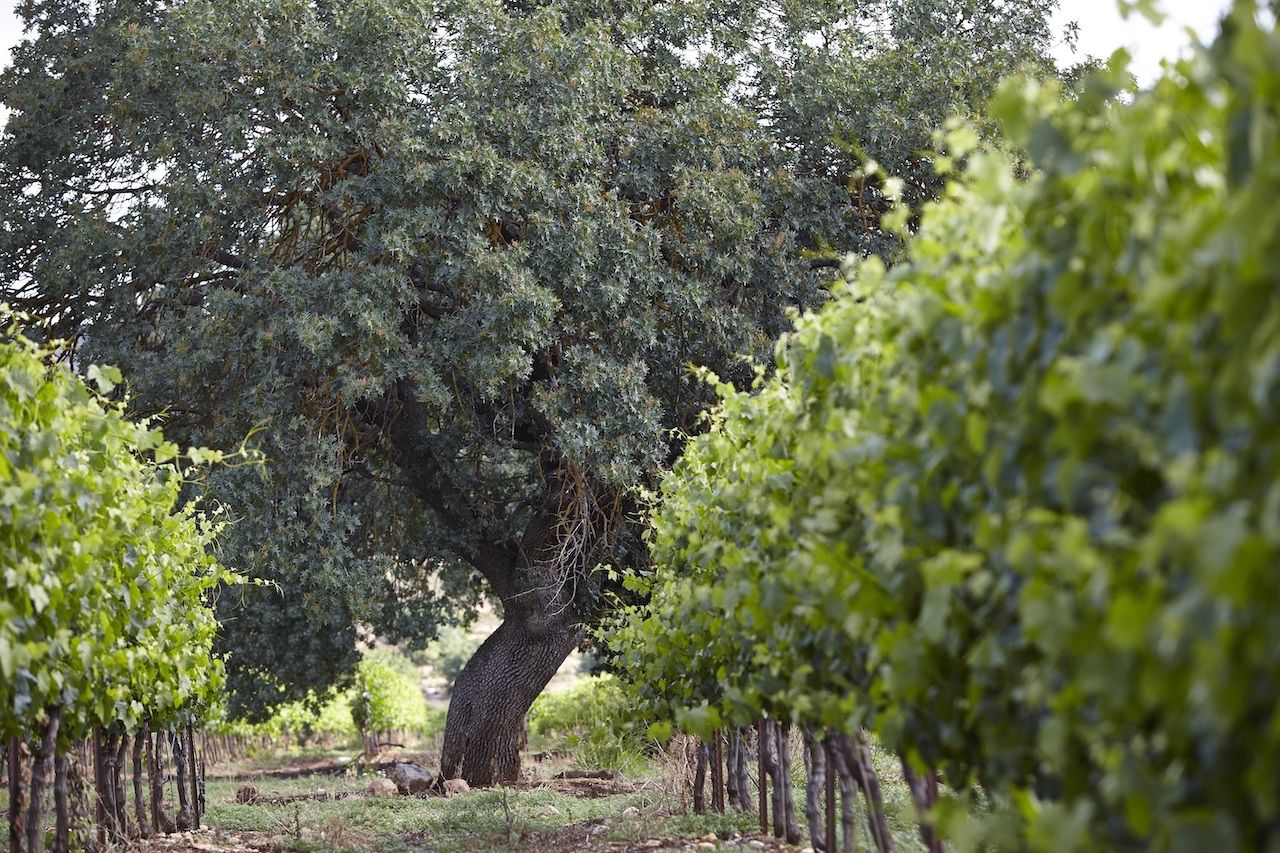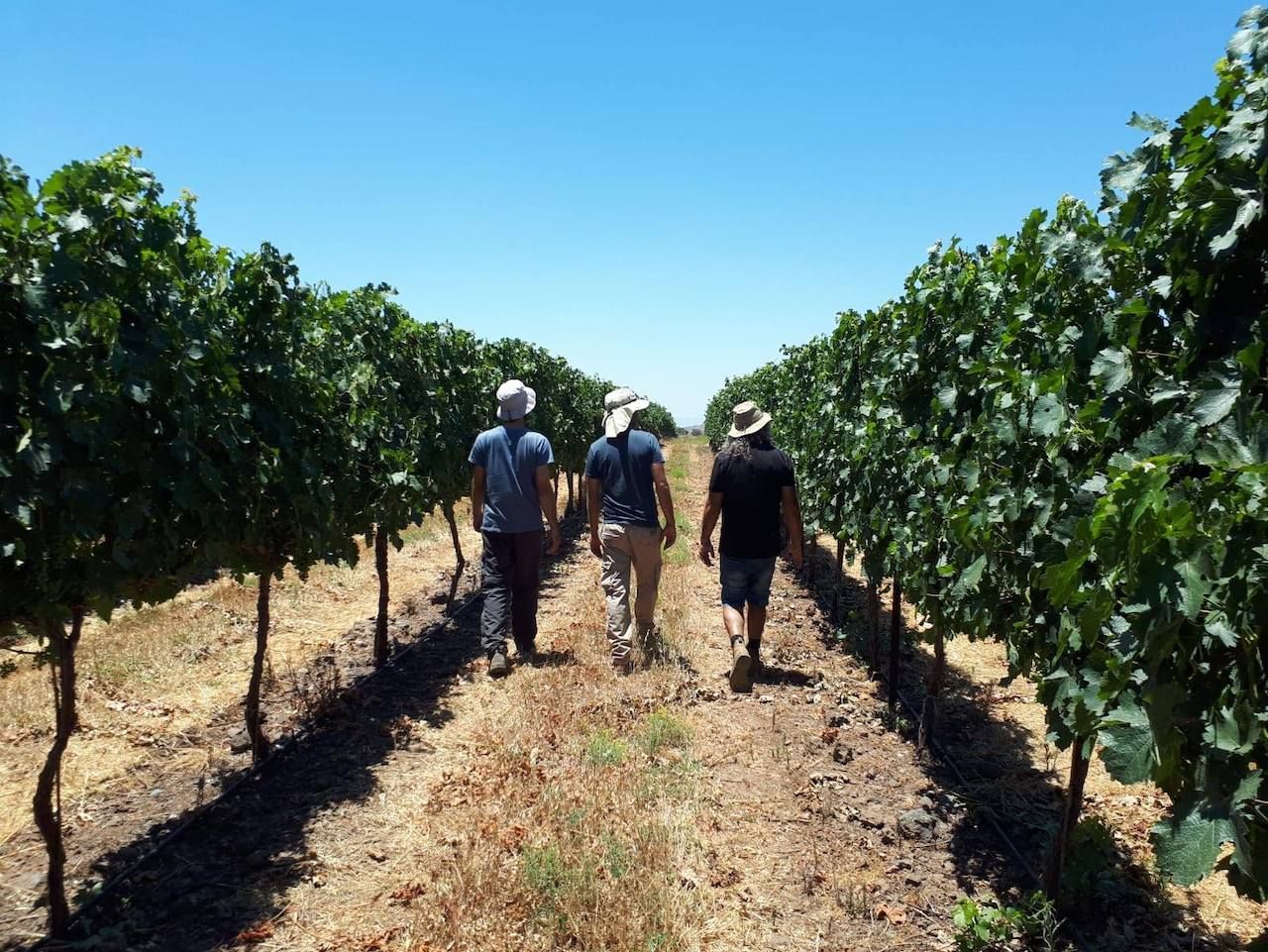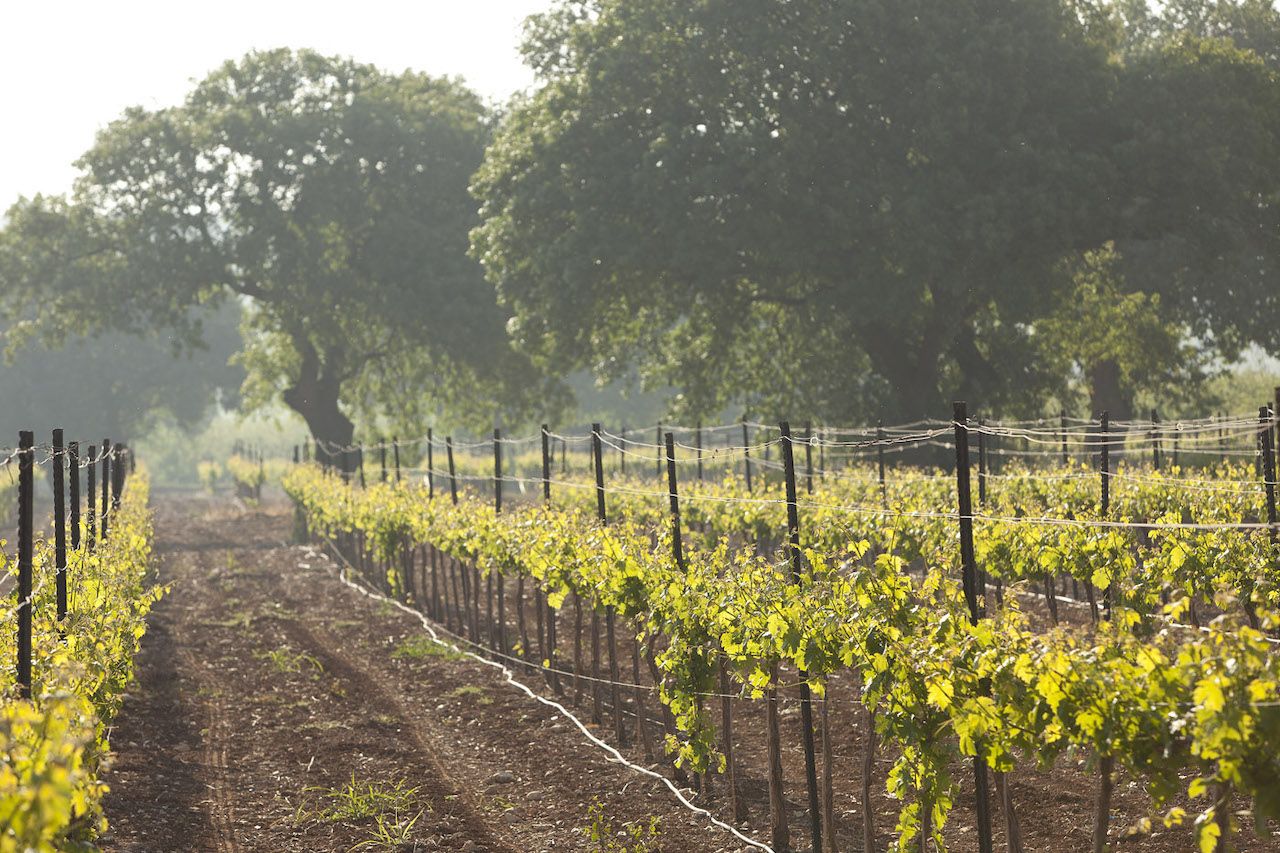For much of the world, Israeli wine is associated with kosher wine. At best, it’s associated with family and tradition. At worst, it’s relegated to something sweet and cheap. Yet millennia before France, Italy, and Spain became go-to countries for good wine, Israel was a world-class wine-producing region. Now, it’s reclaiming its position.
Israel is sort of like the oldest possible young wine region. It has a long history, but the country’s wineries have only been making consistently high-quality dry wines in the last couple of decades. Israeli winemakers have already caught the eye of the wine press and in-the-know drinkers. Producers in the country have won awards like the Best Syrah in the World in 2010 at the Decanter World Wine Awards, and an Israel winery was dubbed New World Winery of the Year in 2012 from Wine Enthusiast. It’s about time for everyone else to start paying attention.




